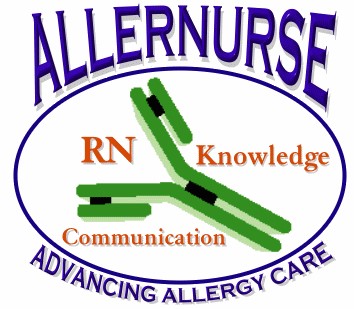There are many things a person can do to help prevent and control their allergic symptoms. As with most events (extrinsic or intrinsic) in our lives that have an adverse effect on us, taking the preventative approach is often the best avenue.
There are really only four basic approaches to the treatment of allergies.
The first and foremost is avoidance of the offending allergen. We will have no symptoms if our bodies can be totally protected from contact to the troublemaker. Avoiding an allergen can be at times a daunting, if not an impossible task. A ragweed sensitive person living in the Midwest during August and September would have to wear a space suit or leave the region to avoid it. Not staying away from peanuts, if you’re sensitive, may prove fatal. One can see from the latter example how important it is for an allergic person to learn about his or her allergen.
The second approach is to use medications. Medications can be very helpful, but may lose their effectiveness, produce side effects, and are not treating the cause of the problem. The drugs available today have many advantages over some of the older compounds. Newer products on the horizon may yet offer a cure for allergies. Most patients, in my experience, are so used to living with their symptoms that they are unaware of the medications effectiveness. Often they haven’t been instructed in the proper use of the medication. As an example, few patients seem to know how to correctly use their lung inhalers. Allergy healthcare providers need to take extra time with their patients to elicit the effectiveness of the medication and to be sure the patient is instructed properly in its use. Learning to use medications preventatively is also of great benefit to the patient and may actually result in less overall medication use.
There are no cures for allergy problems, but immunotherapy (hypo sensitization) is the closest approach to a cure available. This treatment can be highly beneficial. To be truly effective, it must be based on a thorough history and accurate test results. Using a safe dose of a potent extract will give the best result. Most patients will need to be on this treatment for a minimum of three to five years. As on can see this requires a major time commitment of the patient. The patient needs to be able to understand what is trying to be accomplished, have demonstrable allergy by testing, and be motivated enough to take an active role in their care.
Supportive care is the last treatment approach. This entails the patient receiving a proper diet, taking vitamins, getting plenty of rest, drinking plenty of good water, minimizing stress (or at least learning to diffuse it), and having the backing of their family and friends. In many cases, just getting the person to take better care of themselves lessens their trouble.
Unfortunately, many patients do nothing to treat the problem and “just live with it”. Getting the person to think about their problem, track their symptoms, and be observant to when they are better and worse, will do more to help us (healthcare providers) to help them than anything else we offer. The patient can truly be their own advocate by taking this type of active role in their care.
